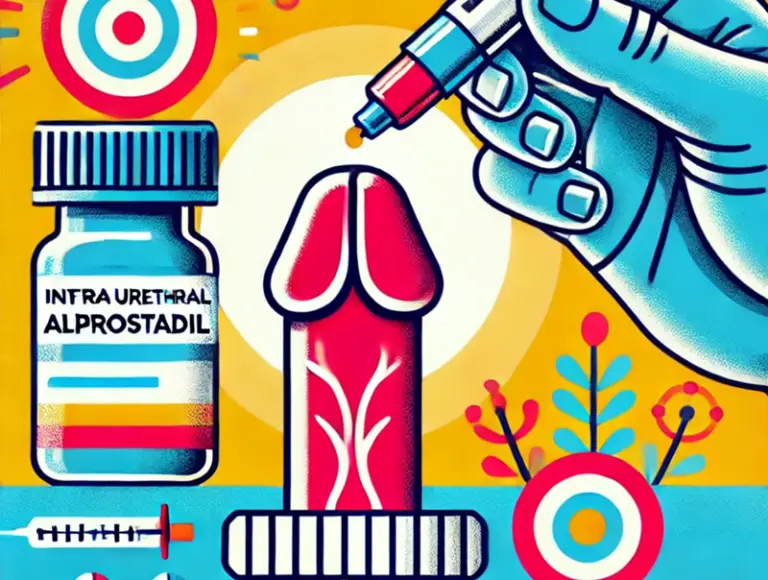Erectile Dysfunction (ED) is a common issue affecting men of all ages. Whether the cause is physical, psychological, or a combination of both, accurate assessment is crucial for effective treatment. Two key tools used by healthcare professionals in the evaluation of ED are the International Index of Erectile Function (IIEF) and the Erectile Hardness Score (EHS). In this blog, we’ll delve into what these tools are, how they work, and why they are important in the diagnosis and management of ED.
What is the International Index of Erectile Function (IIEF)?
The International Index of Erectile Function (IIEF) is a widely used, multi-dimensional self-report instrument for assessing the severity of ED. Developed in the 1990s, the IIEF questionnaire consists of 15 questions covering five key areas of sexual function:
- Erectile Function: Measures the ability to achieve and maintain an erection.
- Orgasmic Function: Assesses the frequency and quality of orgasm.
- Sexual Desire: Evaluates the level of interest in sexual activity.
- Intercourse Satisfaction: Gauges satisfaction with sexual intercourse.
- Overall Satisfaction: Looks at overall satisfaction with sexual life.
Each question is scored on a scale, with higher scores indicating better function. The total score provides a comprehensive picture of a patient’s sexual health, helping clinicians identify specific areas of concern and tailor treatment accordingly.
What is the Erectile Hardness Score (EHS)?
The Erectile Hardness Score (EHS) is another valuable tool, specifically focused on the rigidity of erections. The EHS is a simple, four-point scale used to describe the firmness of an erection:
- Grade 1: Penis is larger but not hard.
- Grade 2: Penis is hard but not hard enough for penetration.
- Grade 3: Penis is hard enough for penetration but not fully hard.
- Grade 4: Penis is fully hard and rigid.
This straightforward scoring system allows both patients and healthcare providers to communicate effectively about the severity of ED and track improvements over time.
The Importance of These Tools in ED Management
- Comprehensive Assessment: The IIEF provides a holistic view of sexual function, covering various aspects beyond just erectile hardness. This comprehensive assessment helps identify underlying issues that may not be immediately obvious, such as low sexual desire or dissatisfaction with intercourse.
- Clear Communication: The EHS offers a clear, standardized way to discuss the firmness of erections, a critical factor in the diagnosis and treatment of ED. By using this common language, patients and doctors can more easily track progress and adjust treatment plans.
- Treatment Tailoring: Both the IIEF and EHS help clinicians tailor treatment plans to the individual needs of patients. Whether the issue is primarily psychological, physiological, or a combination, these tools provide valuable insights that guide the choice of therapy, from medications to lifestyle changes or even surgical interventions.
- Monitoring and Adjustment: Regular use of the IIEF and EHS allows for ongoing monitoring of a patient’s condition. This is particularly important in assessing the effectiveness of treatments and making necessary adjustments. For instance, if a patient’s EHS improves but their IIEF scores related to satisfaction do not, this might indicate a need for additional psychological support or counseling.
Conclusion
The IIEF and Erectile Hardness Score are indispensable tools in the assessment and management of Erectile Dysfunction. By providing a structured and comprehensive evaluation of sexual function, they help both patients and healthcare providers better understand the nature of the problem and work towards effective solutions. If you or someone you know is experiencing symptoms of ED, these tools can be the first step toward a more satisfying and healthy sexual life. Always consult with a healthcare professional to discuss your symptoms and explore the best treatment options for you.




